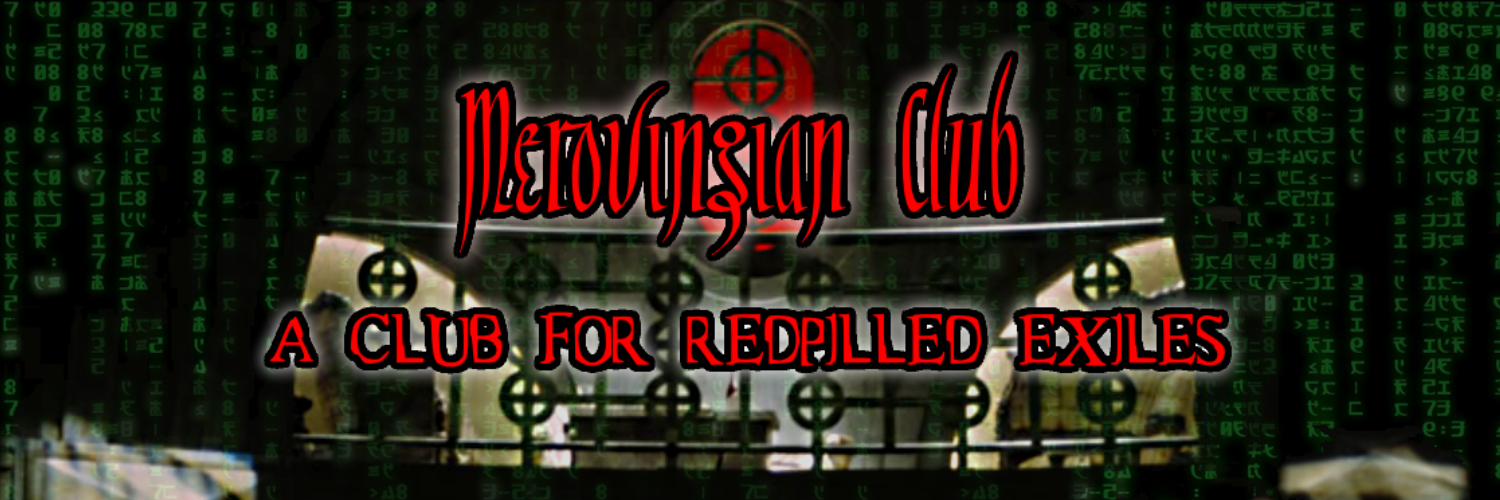
@Based_Accelerationist I share anything that shows true colors of jews.
Sometimes it is from christians or muslims.
But we all know that jews used abrahamic religion to poison mind of people.
The following consonants in English can be represented by a single Korean consonant that is sometimes pronounced like one and sometimes like the other
B b & P p can be interchanged
R r and L l can be interchanged
S s and T t can be interchanged
D d and T t can be interchanged
G g and K k can be interchanged
The consonants V v and F f do not exist in Korean The F Flakes in frosted flakes uses an H and the V v in video uses a B b
I wrote each letter twice upper case & lower case
@Stahesh
There is at least 1 exception to what I said and that is the silent consonant that is shaped like a circle
It is silent at the start of a syllable but an ng sound at the end of a syllable
Maybe the end of the previous syllable might spilloveor and change pronounciation when the silent syllable is the next syllable?
When you listen remember each consonant can be pronounced two ways & you can guess the consonant to some degree from a list
Just imagine an Asian accent speaking English
Each of the letters has a name
The first part of the name is how it is pronounced at the start of a tripartate syllable and the second part is how it is pronounced at the end
The letter name is pronounced something like the English word Real but with different vowels
So I believe that at the start of a tripartate syllable it is usually an R but at the end of the syllable it is usually an L
however if there is another syllable from the same word before or after it that might change
If you buy or illegally download "You speak Korean"
It has a section talking about the spillover rule
It might be somewhere before page 60
Each consonant usualky has two different ways to pronounce it depending on if it is the first or last consonant in a tripartate syllable and if that syllable is followed by another syllable and what the next syllable is
You speak Korean is out of print but I legally purchased the first three volumes on amazon and PDFs were listed online free
R when it is the first part of the syllable as in Sa Rang or love
L when it is at the end of the syllable as in Sal Da or live at a location
This is my guess
I remember those two specific words and Koreans telling me it is a R in one and a L in the other
@shortstories I had problems with letter ㄹ why it was sometimes pronaunced as L and other times R and they gave 0 tips later I saw another video where they talk about it.
I am the closest to completing Haitian Kreyol Kreole I just hope they did not change the whole thing, I am no where near close to conpleting the other languages except Navajo which I finished multiple times. I am also learning Korean as a Chinese speaker and reseting that would be a nuissance because the lessons usually take longer than Korean or Chinese lessons in English
Some people reset languages after completing them to do them again so at least you will get more practice
The other thing is Duolingo beginner level Korean for English speakers had everything super formal polite like you were talking to a stranger that is older than you in a higher position of authority or social status than you. But if you learned English as a Korean speaker they made the Korean super informal like a parent talking to their child.
